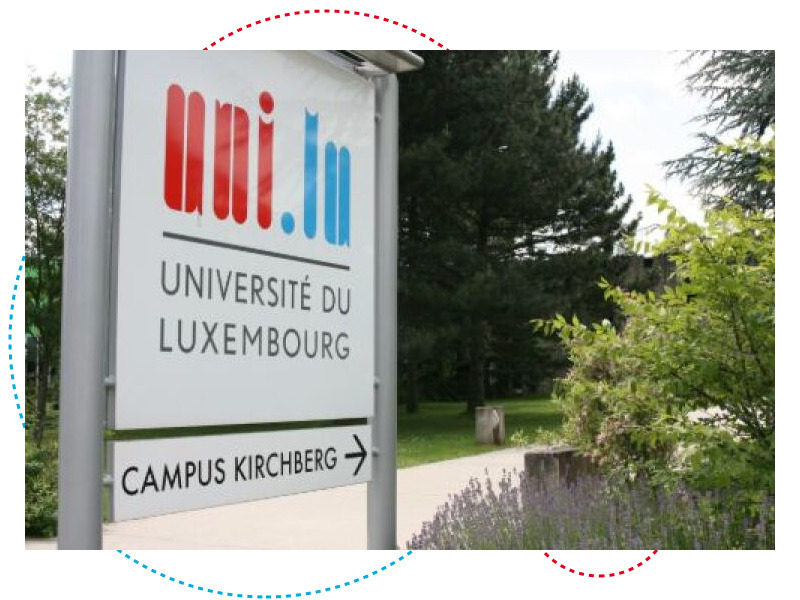
Supported by the Luxembourg National Research Fund (FNR) 17539924
Abstract
Hitler’s ascent to power constitutes an enduring puzzle – a transition from democracy to autocracy underpinned by popular support. We present evidence that the Nazi Party’s success was partly driven by setting itself up as a quasi-religious cult, emphasising redemption, sacrifice, and communal spirit. Vast parts of Germany only converted late to Christianity; the Church never developed deep roots there. Because of this spiritual vacuum, the Nazi message took root in these areas. We focus on two indicators to capture variation in shallow Christianity in interwar Germany: Christian first names reflect the religious outlook of parents; beliefs in clairvoyance capture (pagan) superstitious beliefs. Both indicators are strong predictors of support for the Nazi Party. Such indicators of “Shallow Christianity,” in turn, reflect the geography of medieval Christianisation. The further a town or county is from a medieval monastery or medieval saint shrine, the lower the share of Christian first names, the more frequent superstitious practices in interwar Germany – and the higher the number of Nazi voters and party members.
